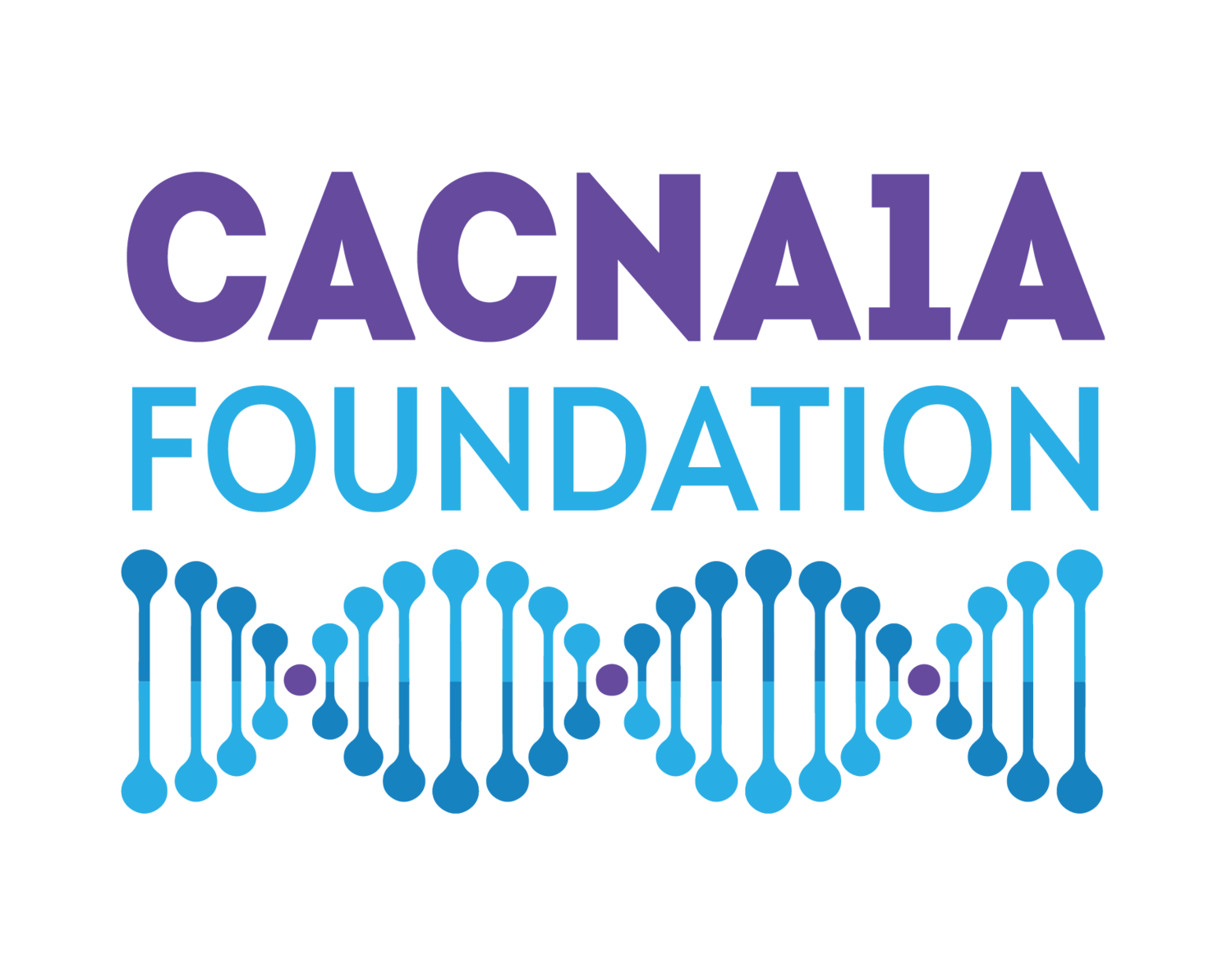Collaboration For a Cure
We are interested in translational research that paves the way to clinical trials.
CACNA1A Foundation Research Statement
One of our core values at the CACNA1A Foundation is collaboration. Partnerships between families, clinicians, and scientists are the keys to raising awareness of CACNA1A and moving research forward. Collaboration is also at the core of the vital research being done to find the right treatments and an eventual cure. That’s what translational research is all about—taking the data from basic or foundational research done in a lab and applying it to methods that will directly benefit you or your loved ones. We pledge to build strong partnerships with both academia and industry to advance research. But, we also need the help and support of our CACNA1A families! A big obstacle in the rare disease world is often a lack of basic research and patient data. The amazing fundraising efforts of our entire community help provide the financial support for the basic research needed. However, we also want to emphasize how critical it is to have our CACNA1A patients participate in as many research studies as possible. The data generated from your contributions will help build a strong foundation of knowledge for our researchers, clinicians, and biotech partners to draw from as we head down the road to a cure.
As a result, the CACNA1A Foundation has partnered with several organizations with the goal to collect natural history information and bio-specimen samples for individuals identified with CACNA1A variants. Participating in research studies is an important method for increasing what we know about CACNA1A patients, and accelerating the development of future treatments and therapies.
Each of these studies collects different types of information and complements each other to provide a more comprehensive and robust understanding of CACNA1A-related diseases.
CACNA1A RESEARCH NETWORK
The CACNA1A Research Network is a collaborative network of researchers, scientists, clinicians, and industry leaders from around the world working to accelerate treatment for patients affected by CACNA1A genetic variations and CACNA1A-related disorders. Led by the CACNA1A Foundation and centered in our mission to develop a collaborative research network to improve the lives of CACNA1A patients and families, the CACNA1A Research Network is working to fill gaps in knowledge and pursue multiple therapeutic strategies for CACNA1A-related disorders. Our last Research Roundtable took place on July 18, 2024, at the NIH in Bethesda, Maryland. If you are interested in joining our network, please email our Science Engagement Director, Pangkong Fox, PhD, for more information.
Research Grant Program
We are seeking collaborators who are focused on research that makes a difference in the lives of patients.
Please contact us if you have an idea that would help move CACNA1A research closer toward targeted treatment options. Our clinical research team offers de-identified patient data to qualified scientists.




